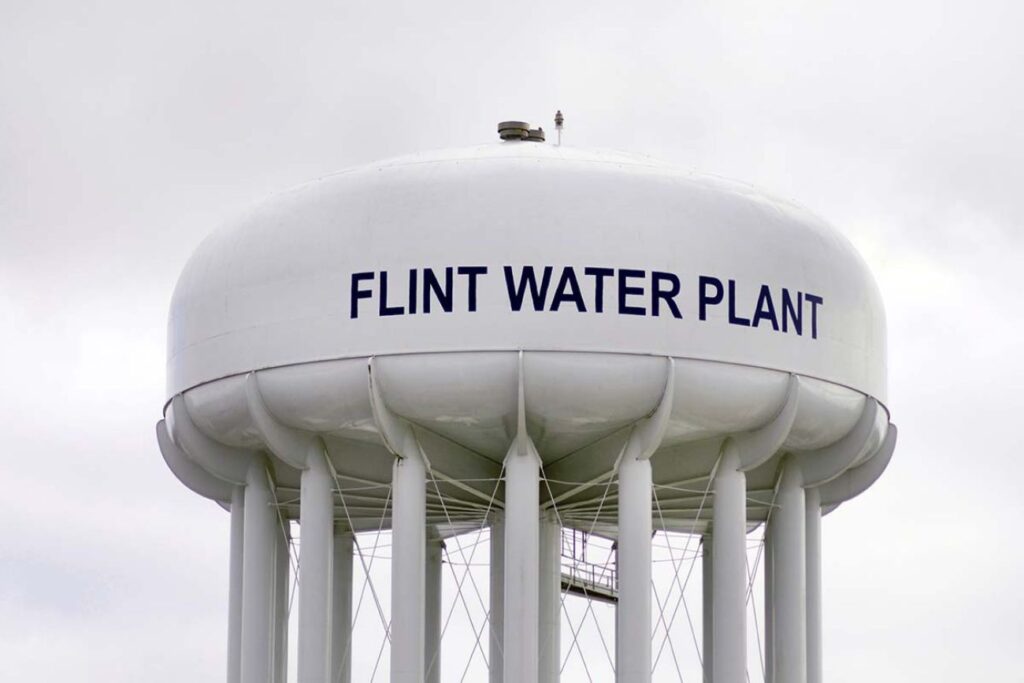EPA promised to address environmental racism. Flint is still waiting
By Yvette Cabrera, Jamie Smith, and Grey Moran
On November 2, 2023

This story is published in partnership with the Center for Public Integrity, a newsroom that investigates inequality.
FLINT — Civil rights law offers a tool for communities of color trying to stop unequal exposure to pollution. Over and over, Flint residents have tried to make it work.
From 1992 to 2015, residents and community groups filed a series of federal complaints asking the U.S. Environmental Protection Agency to intervene over pollution affecting majority Black neighborhoods, from a power plant to the city’s infamous lead-water crisis. Each time, they got little or nothing from the office charged with ensuring state environmental permitting agencies and other recipients of federal funding don’t discriminate.
But in 2021, faced with plans for another polluting facility — an asphalt plant bordering Flint’s northern edge — residents and advocates turned again to the complaint process. This time they had more reason to hope. President Joe Biden promised to make environmental justice a priority government-wide. EPA hired a prominent critic of its weak civil-rights enforcement as it reorganized to do better.
“I just felt like we were on the brink of something great,” said Mona Munroe-Younis, executive director of the Environmental Transformation Movement of Flint, one of the groups that filed the most recent complaint.

She paused in a conversation this summer, thinking of what had happened. “And then it’s just — gone.”
For decades, the EPA has effectively failed to enforce Title VI of the Civil Rights Act of 1964, designed to protect people of color and immigrants from discrimination by federally funded programs. The Biden EPA’s vow to use the “full extent of its authority” brought a rush of filings from groups and individuals hoping they would finally get help.